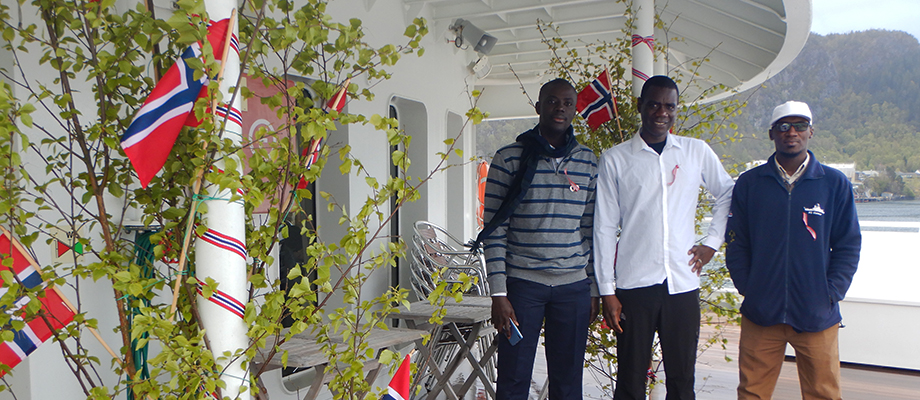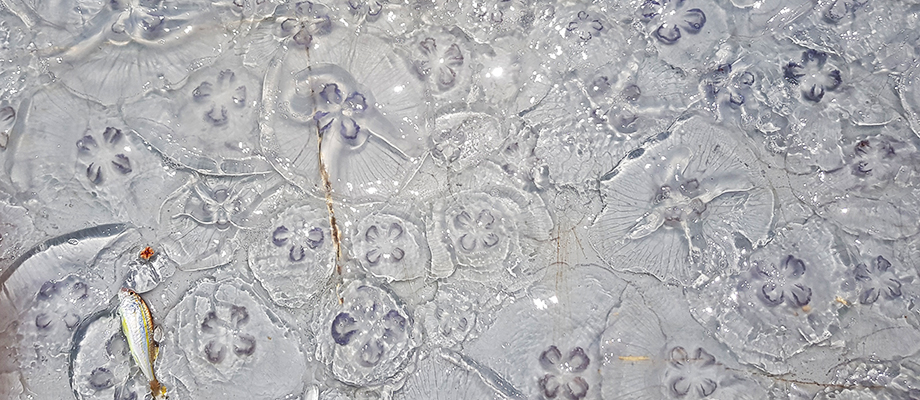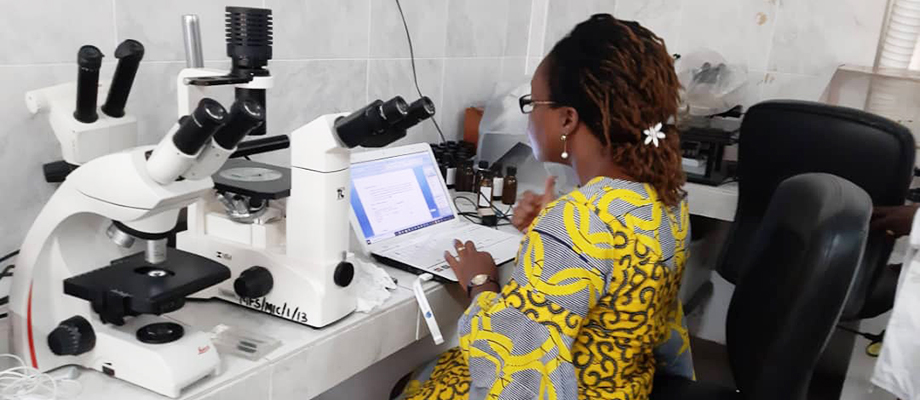03 July 2020

When the COVID-19 pandemic hit in March, 21 scientists from Morocco, Mauritania, Senegal, the Gambia and Spain, in addition to the Norwegian scientific core team and crew were already partway through a voyage off the coast of northwest Africa. Unable to continue with its research voyage, the Dr Fridtjof Nansen...
02 July 2020

In the last decade, the implementation of the ecosystem approach to fisheries (EAF) through legal and policy instruments has been promoted by the Food and Agriculture Organization of the United Nations (FAO) in various activities, including the preparation of studies, tools and guides. One of the more recent tools is...
24 June 2020

Having existed for over 500 million years, jellyfish are amongst the oldest animals living on our planet today. More than a thousand different types can be found in the ocean, where they occur from the Arctic to the Antarctic, and from the sea surface to abyssal depths. Since many jellyfish,...
08 June 2020

Every year on June 8 the world is celebrating World Oceans Day, designated by the United Nations (UN) as a special occasion to remind humanity about the benefits the Ocean is providing us with, but also individual and collective responsibility we all have to protect it and use its marine...
10 May 2020

Fish plays a critical role in achieving food security and good nutrition. It's rich in protein and contains many essential micronutrients – vitamines A, B12, D - and minerals (i.e. calcium, zinc, iodine, iron). According to recently published FAO's landmark 2020 State of World Fisheries and Aquaculture (SOFIA)...
20 April 2020

Plankton is a collective term used to describe very small organisms that form the basis of marine life in the ocean. It constitutes a key source of food for many larger marine species, and is the subject of one of the main research themes of the EAF-Nansen Programme in support...
